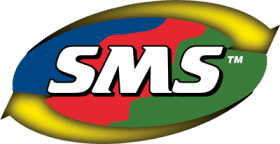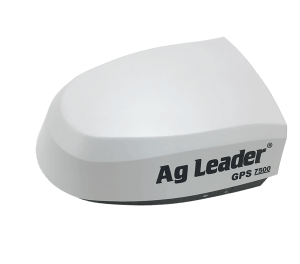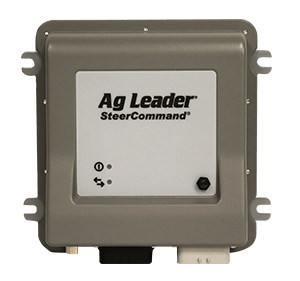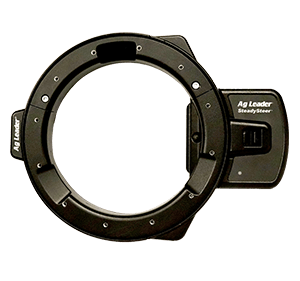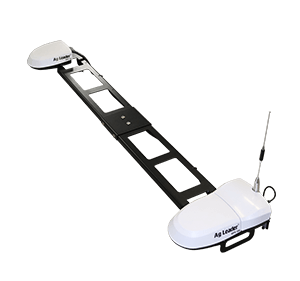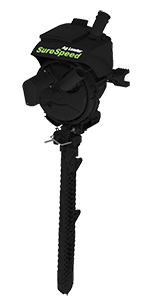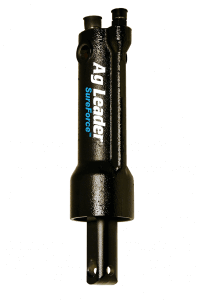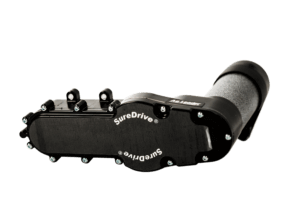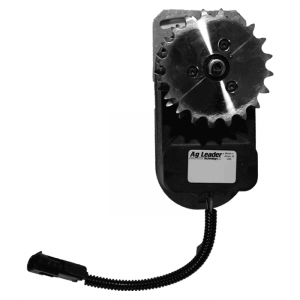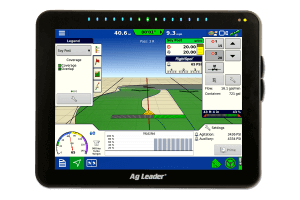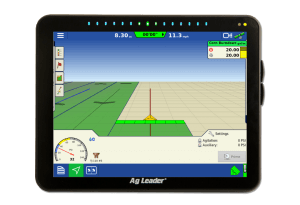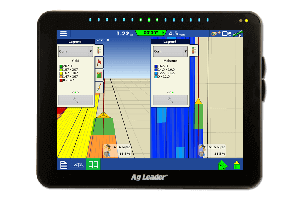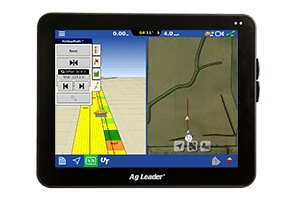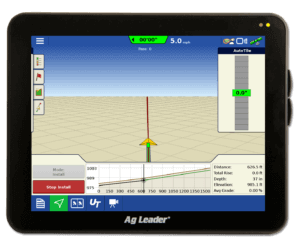Stay safe in the field this fall!
Once crops are safely out of the field, it’s time to turn your attention to fall tillage and application. While it may mean more late nights, at least there are less moving parts, so you can let your guard down, right? If that’s what you are thinking, then it’s time to revisit some safety tips and common dangers of fall application.
Anhydrous ammonia
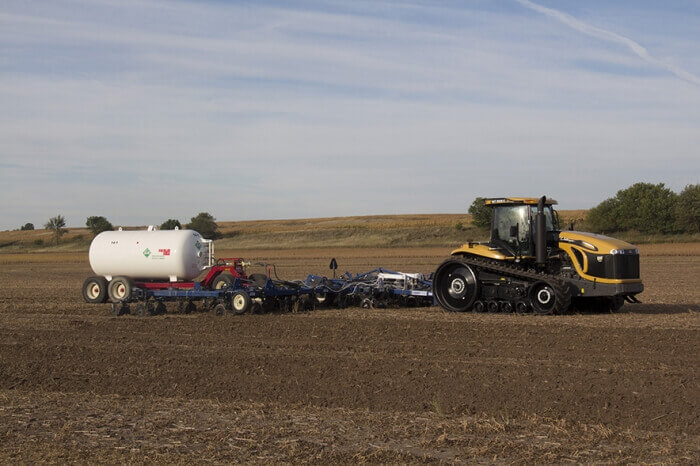
Fall application of anhydrous is a common practice that should be carried out with as much caution as any other farm operation, starting with towing the nurse tank from the co-op to the field. Whenever you are pulling a nurse tank, always make sure to put a clip in the hitch pin and connect both safety chains to the towing vehicle.
Anhydrous tanks are heavy and most often pulled by pickups. Remember: Many of these tanks do not have their own brakes, so all the stopping power is coming from the pickup, which is only a fraction of the weight of the tank. Keep your speed under 25 mph, and be sure the slow-moving vehicle sign and the tender rig are as visible as they can be.
Whenever you are around NH3, wear long sleeves, pants, non-vented goggles, and a heavy pair of rubber gloves. Do not wear contacts. Always ensure there is plenty of water readily available and you know where it’s at in the event of an emergency.
Granular fertilizer application
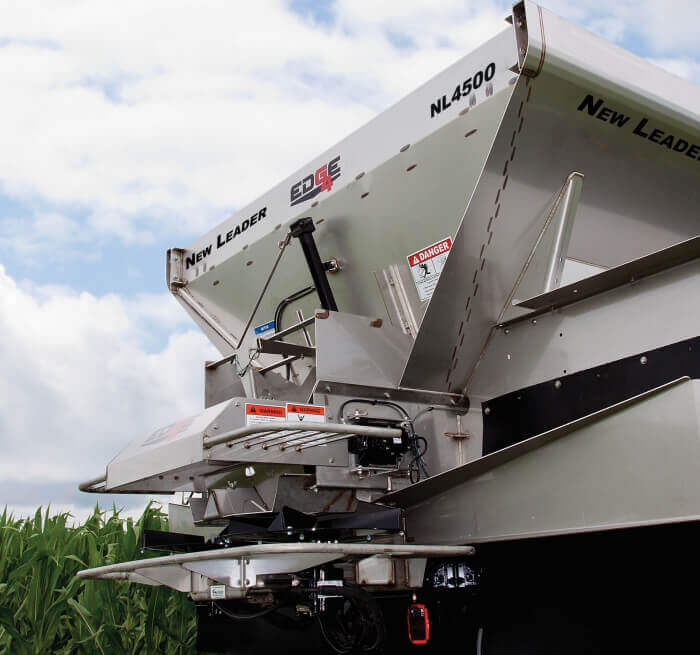
Another safety concern during the fall application season centers around dry fertilizer application. Whether it is a strip-till machine or a dry spreader box, each has its own dangers that need to be acknowledged.
Dry fertilizers attract moisture, so when in contact with skin, it can lead to minor skin burns that are generally a minor discomfort. This can be avoided by wearing proper clothing. Long sleeves, pants, gloves, and a hat should be worn to minimize contact, and exposed skin should be washed several times a day.
Because spreaders throw particles at high speeds, you should stay away from the back of the spreader and make sure no one is near the spread pattern.
Strip-till machines have their own dangers. Many are used for both dry application and anhydrous, which requires extra caution. The fan on these machines blows fertilizer out so each drop is safely placed in the ground, most of the time. If one becomes clogged or the machine needs a quick adjustment, always shut off the fan and any metering augers before performing maintenance.
As always, the best practice is to shut off the engine and lock out the hydraulics on any machine before performing maintenance. If possible, have a second person around to supervise in case an emergency does occur.
From all of us at Ag Leader, have a safe and productive fall!



